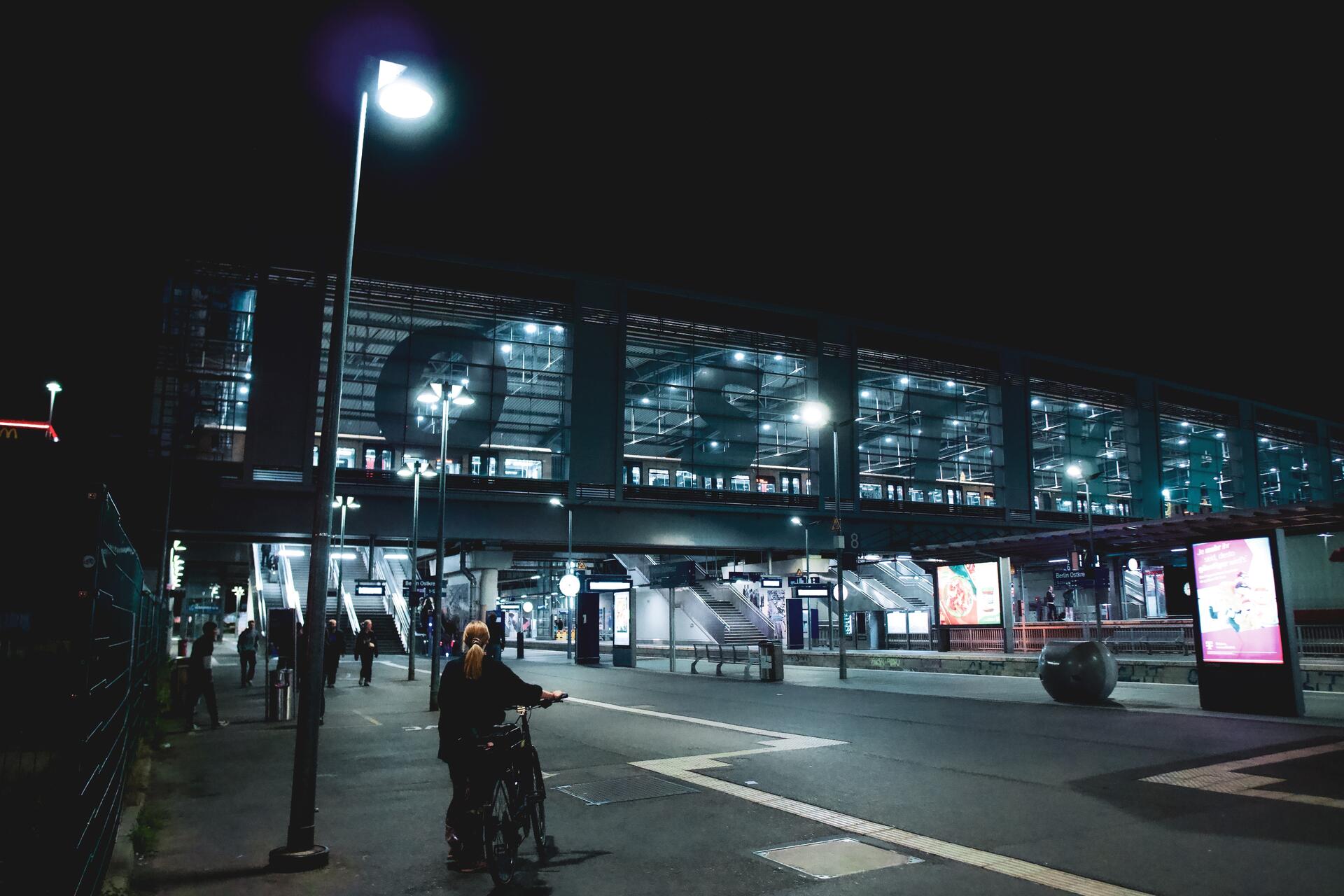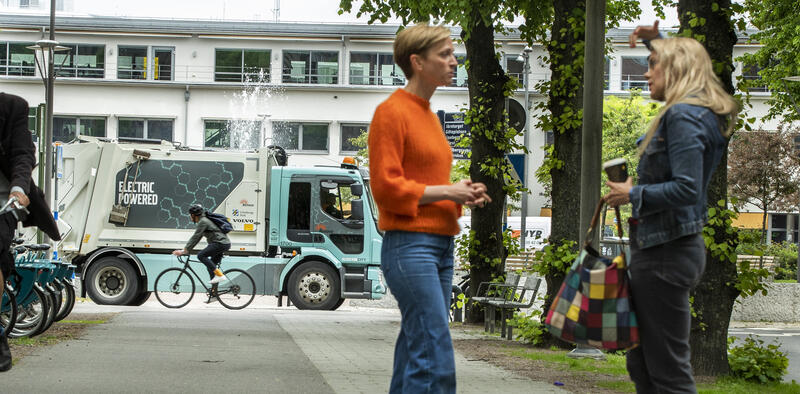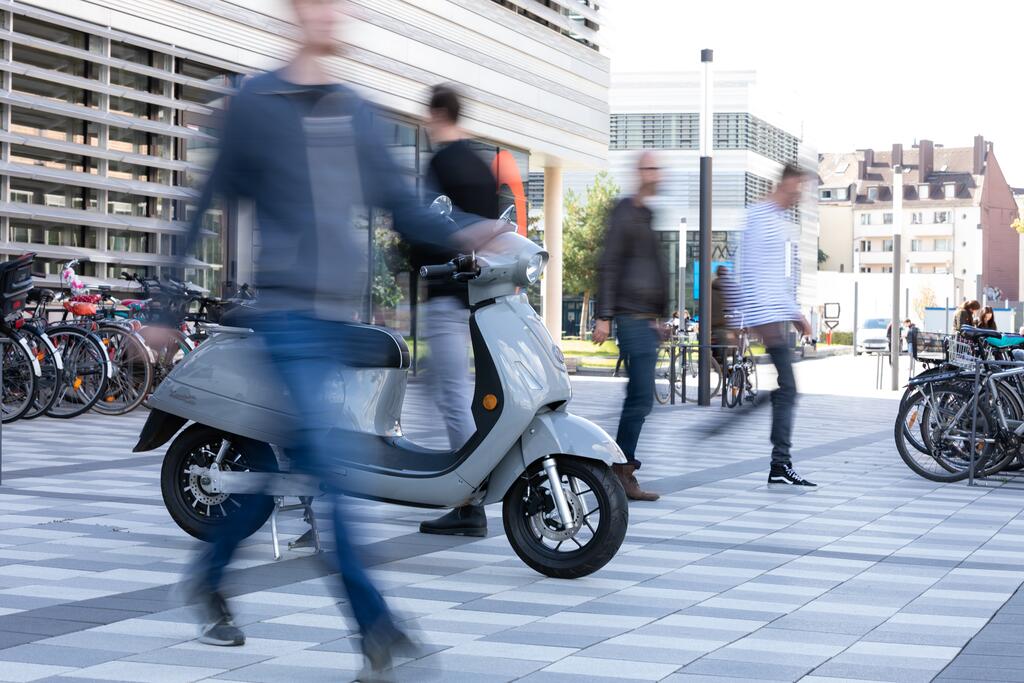A Design Framework for Women-Centered Mobility Hub
The project will develop a Design Framework for Women-Centered Mobility Hubs.

Mobility hubs are co-located centers that offer various shared mobility options such as public transit, on-demand micro-transit, micro-mobility (bike and scooter) with physical docks, pickup and drop-off zones for ridesharing services, shuttles, ride-hail and taxis, secure parking for car sharing, EV chargers, and delivery lockers and mini-logistics hubs.
Mobility hub as an idea has been explored and conceptualized in several projects, but the perspectives and mobility needs of women and caregivers have not yet been addressed. The partnership between Living Cities (Sweden) and Shared Use Mobility Center (US) will bring together experiences from both countries and combine the partners’ skills in knowledge-based learning and innovation, stakeholder dialogues, conceptual co-design and communication.
The Projects Method
The projects team will proceed from deep conversations with women and caregivers and build a framework and approach to thinking about mobility hubs, including:
- the physical design
- the data gathering
- the services
- the amenities
- the experience to cater to women and caregivers first.
The project's hypothesis is women-centered, even in minor design considerations. However, it increases accessibility not only for women but also for other, more vulnerable users of transportation systems.
We will work closely and cooperate with leading academic researchers in mobility and women's issues, community leaders, key transportation agencies, and significant women leaders in mobility and transport.
The project methodology includes:
- learning from research
- learning from stakeholder dialogues
- an iterative design approach
- dissemination and communication of findings
Project manager: Henrik Nolmark, Living Cities and Communities AB
Parties: Living Cities and Communities AB and Shared Use Mobility Center
Period: 2023 to 2024
Do you want to know more?


Application deadline: funding from Future Mobility

Application deadline: funding from Future Mobility

What we offer actors in Sweden


